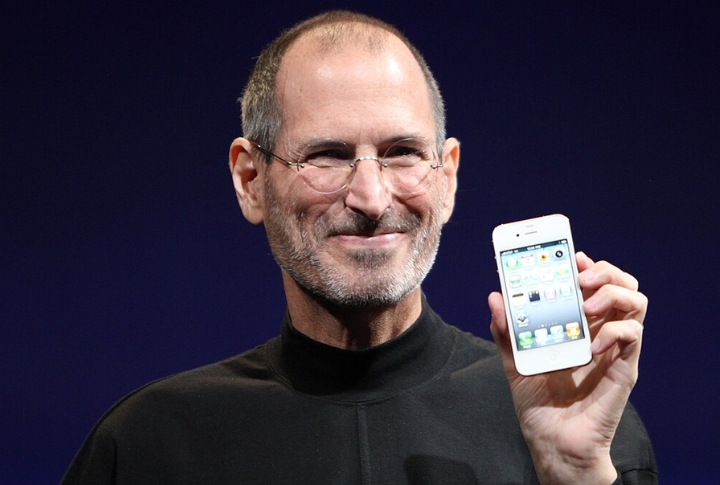
Historical icons are often remembered in grand terms, but their most striking moments can sometimes be their quietest. A final remark spoken in life’s last scene becomes part of their story in ways no one could have planned. Let’s reflect on those iconic figures and the famous farewells that became threads in their larger legacy.
Steve Jobs: “Oh Wow. Oh Wow. Oh Wow.”
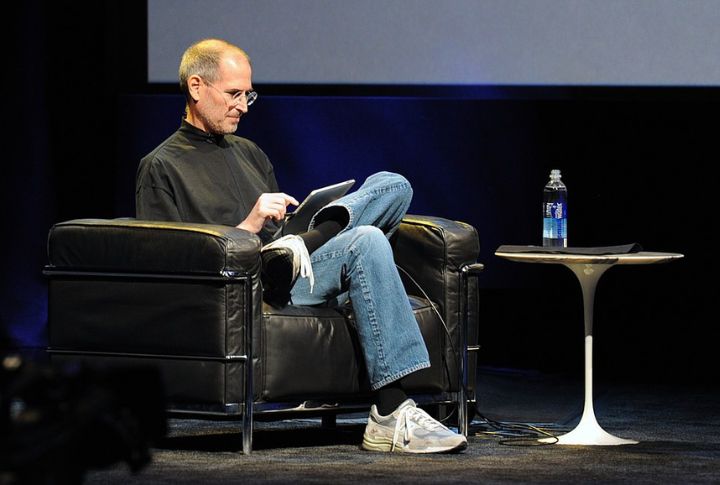
In the quiet of his final hours, Steve Jobs spoke words that startled by their simplicity. Surrounded by family, the co-founder of Apple left behind a legacy of innovation that reshaped modern life. His sister Mona Simpson described the scene and marked the billionaire’s farewell at just 56 years old.
Winston Churchill: “I’m Bored With It All.”
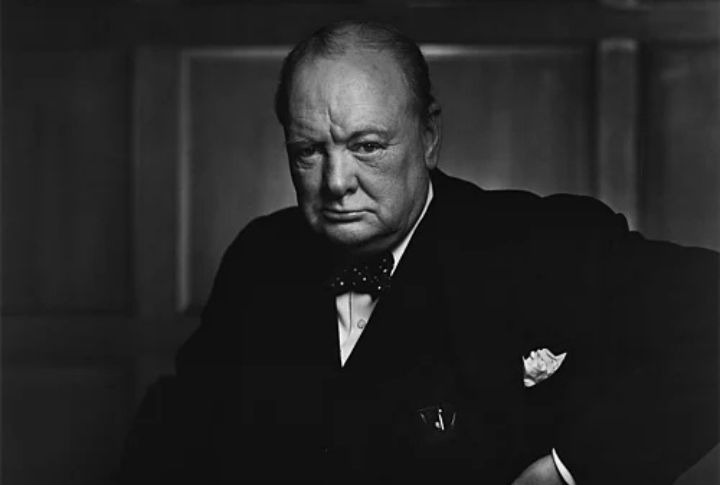
You know Churchill as the voice that rallied Britain in World War II. He was also a Nobel-winning writer, a politician, and a man who shaped the 20th century. Yet his final words were surprisingly plain: “I’m bored with it all,” spoken before slipping into a coma at 90.
Bob Marley: “Money Can’t Buy Life.”
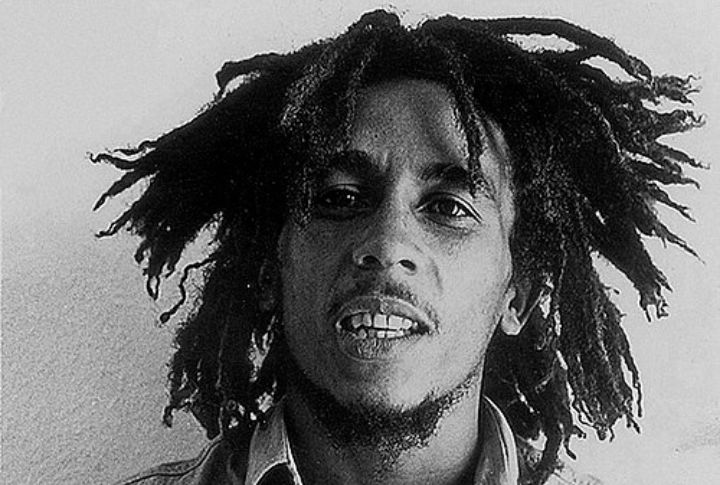
Cancer had weakened Bob Marley, yet his parting words to son Ziggy carried enduring wisdom. The reggae legend had given the world music filled with peace and unity. Jamaica marked his burial day as a national holiday, proof of how deeply his life and philosophy touched his people.
Elvis Presley: “I’m Going To The Bathroom To Read.”
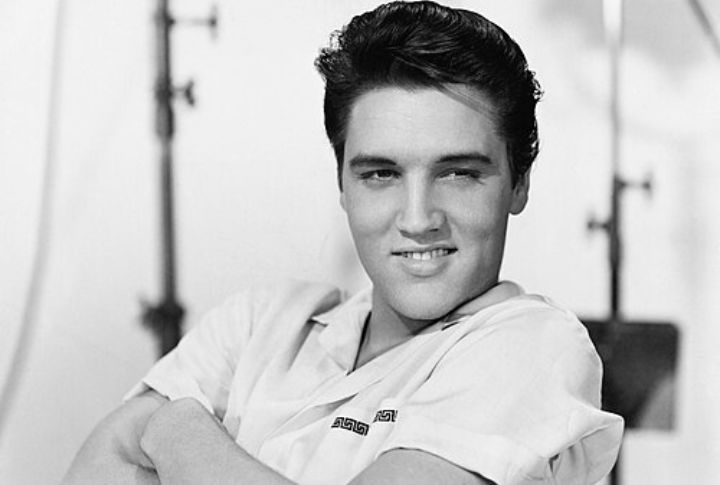
The world was stunned when Elvis Presley died so suddenly. Just hours earlier, he had spoken casually to his fiancee Ginger Alden, saying he was going to read. It was an unremarkable phrase from a man who lived in the spotlight.
Marie Antoinette: “Pardon Me, Sir. I Meant Not To Do It.”
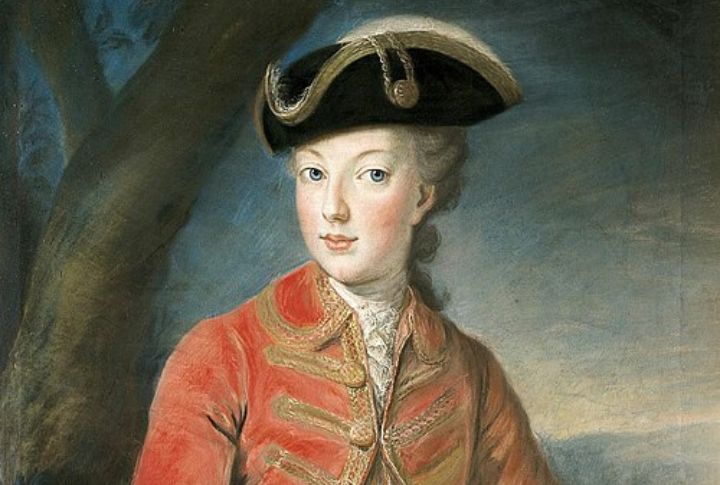
On her way to the guillotine, Marie Antoinette accidentally stepped on the executioner’s foot and instinctively apologized. For someone often remembered as a symbol of royal excess—living in luxury while her people starved—that final gesture of civility reveals a more human, unexpected side of her story.
James Brown: “I’m Going Away Tonight.”
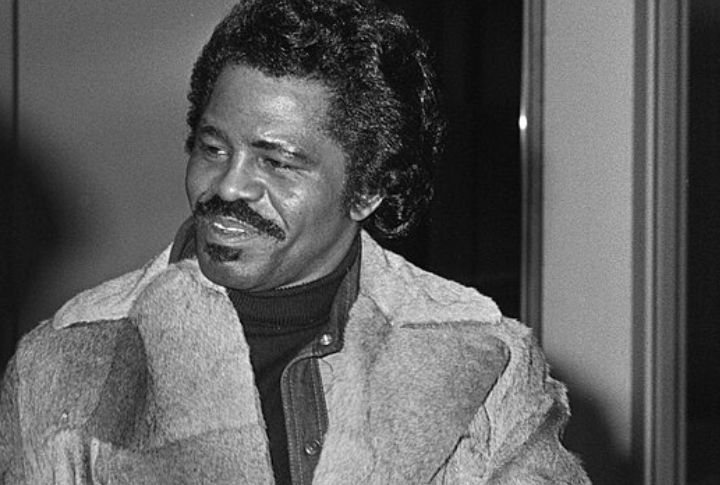
James Brown shared these quiet words with a nurse. Known as the “Godfather of Soul,” his voice and moves reshaped modern music. Rising from deep poverty, he built an unmatched legacy. That simple farewell carried poignancy that contrasted with the explosive energy that defined his life’s work.
Leonardo Da Vinci: “I Have Offended God And Mankind Because My Work Didn’t Reach The Quality It Should Have.”
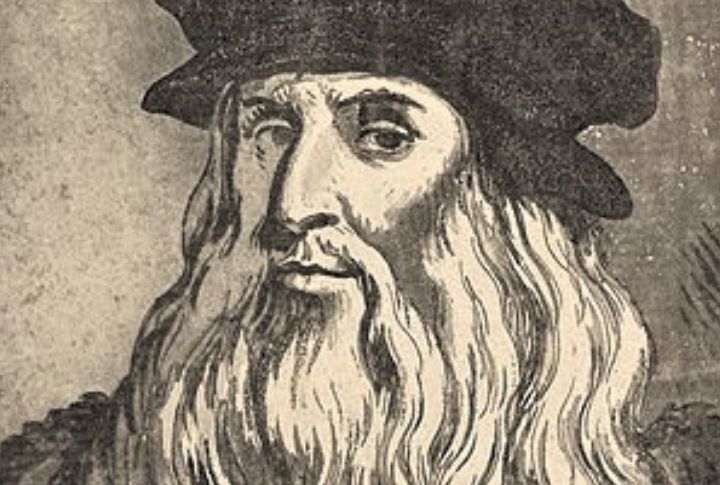
Even at the end, Leonardo da Vinci spoke with humility. He left behind the “Mona Lisa” and countless inventions, yet regretted falling short of perfection. This polymath, artist, and scientist had sketched machines and reimagined possibilities, but his farewell revealed that he was never truly satisfied.
Beethoven: “Friends Applaud, The Comedy Is Over.”
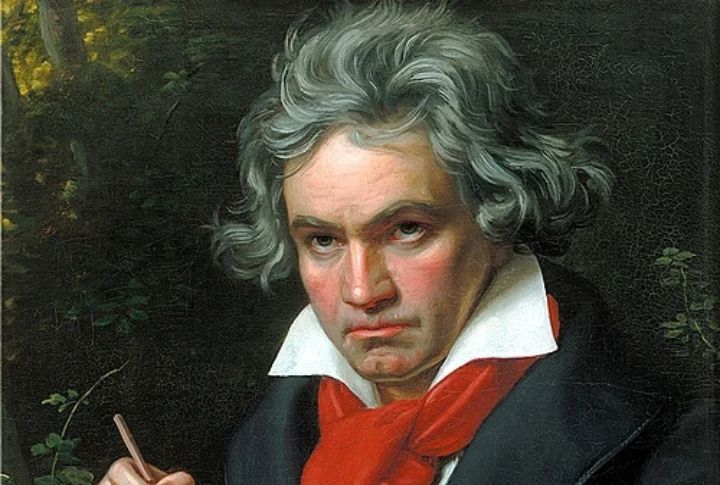
Thunder cracked outside as Beethoven died, his last words echoing the closing of an Italian play. Deafness never silenced his creativity, and his music reshaped classical traditions. A lock of his hair later revealed lead poisoning, which offers modern insight into his suffering.
Groucho Marx: “This Is No Way To Live!”
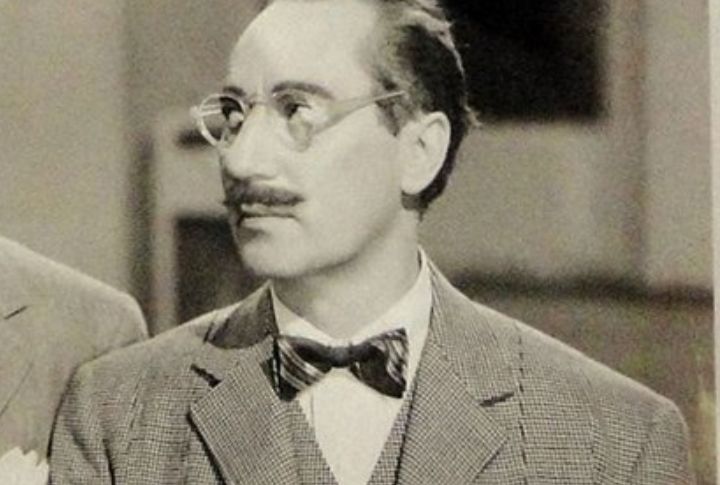
Groucho Marx found humor even in his final hours. Known for razor-sharp wit, he had built a career with the Marx Brothers, where wordplay defined comedy for a generation. His mustache and glasses became an enduring symbol. That last quip reminded everyone that laughter was his true legacy.
Humphrey Bogart: “I Should Never Have Switched From Scotch To Martinis.”
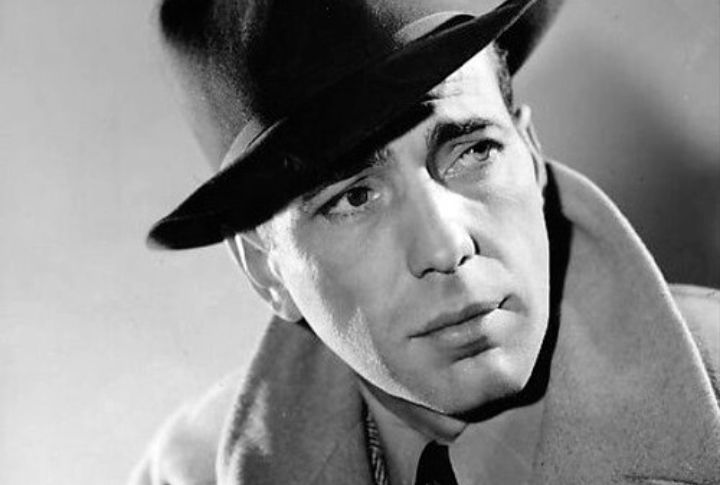
Worn down by illness, Humphrey Bogart offered humor instead of despair. The actor of “Casablanca” fame embodied the hard-living charm of Hollywood’s golden era. Founder of the Rat Pack, he died of esophageal cancer at 57. His witty farewell captured the spirit of a man who never lost cool.
Josephine Baker: “Oh, You Young People Act Like Old Men. You Are No Fun.”
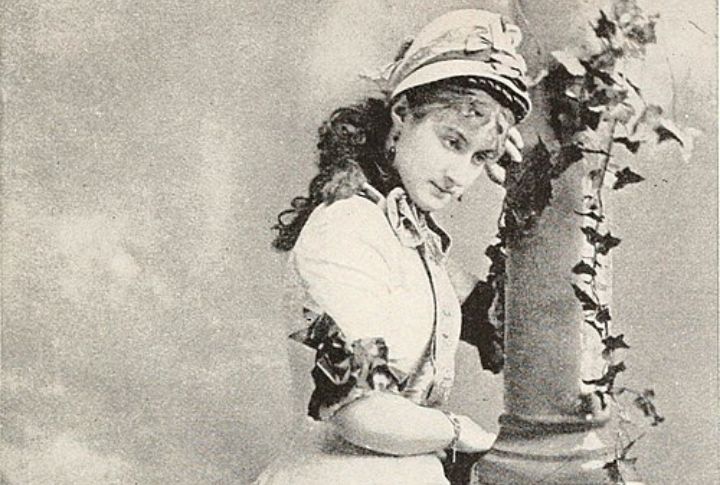
Josephine Baker teased the crowd at her own party before leaving. And not long after, the world lost her. This woman was a World War II resistance agent and humanitarian who adopted 12 children, which formed her “Rainbow Tribe.” France later honored her in the Pantheon.
John Barrymore: “Die? I Should Say Not, Dear Fellow. No Barrymore Would Allow Such A Conventional Thing To Happen To Him.”
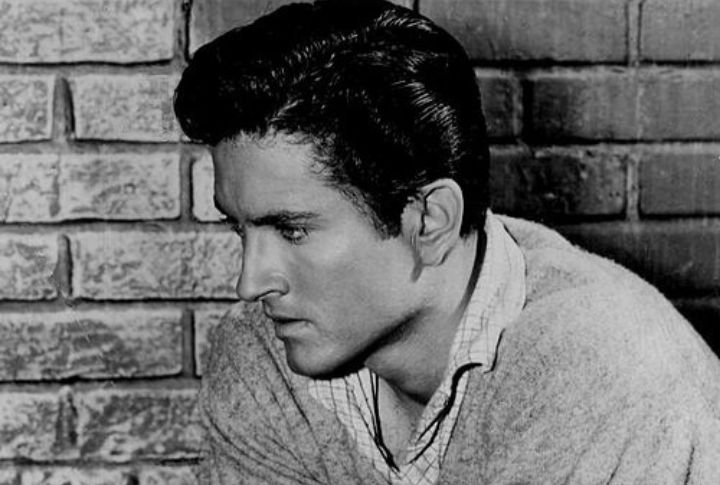
When you hear the Barrymore name, acting royalty comes to mind almost instantly. John Barrymore was a star of both Shakespearean theater and Hollywood film, celebrated for his dramatic range. His last words dismissed death with flair. Stories even suggest his body was once “borrowed” for pranks.
Sir Arthur Conan Doyle: “You Are Wonderful.”
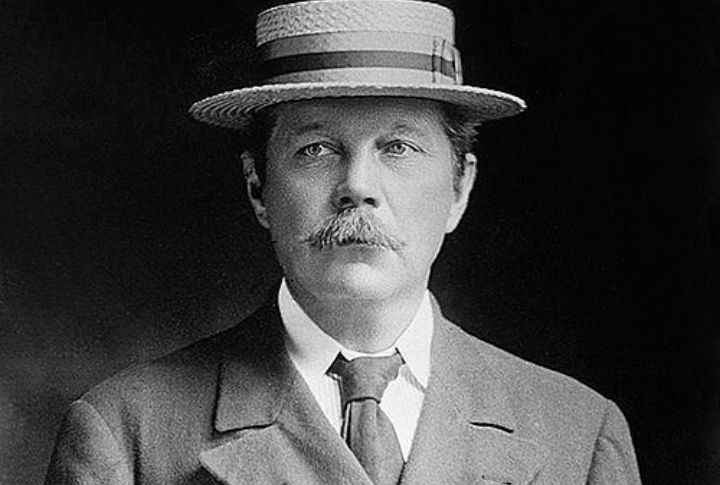
What would the creator of “Sherlock Holmes” say at the end of life? Not deduction or wit, but love. Arthur Conan Doyle’s last words were for his wife: “You are wonderful.” A physician, author, and spiritualist, he left behind mysteries solved and a legacy rooted in warmth.
T.S. Eliot: “Valerie.”
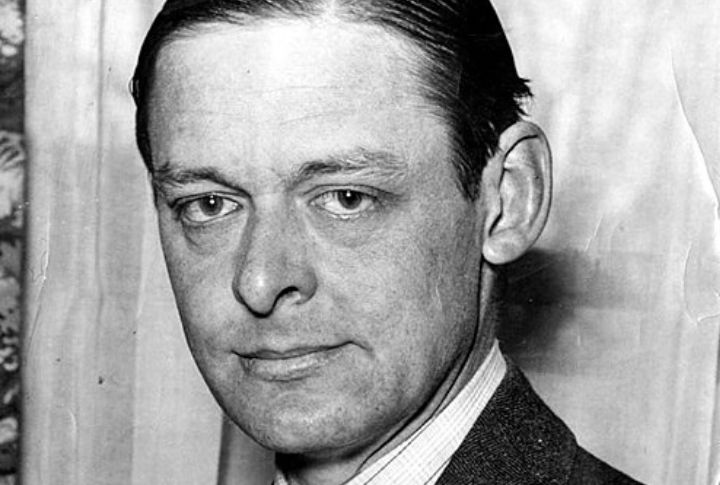
For all the brilliance and acclaim T.S. Eliot achieved, his final word revealed a softer truth. He whispered, “Valerie,” his wife’s name. The poet who gave the world modernist landmarks like “The Waste Land” and earned a Nobel Prize closed his life not with criticism, but with affection.
Charles Darwin: “I Am Not The Least Afraid To Die.”
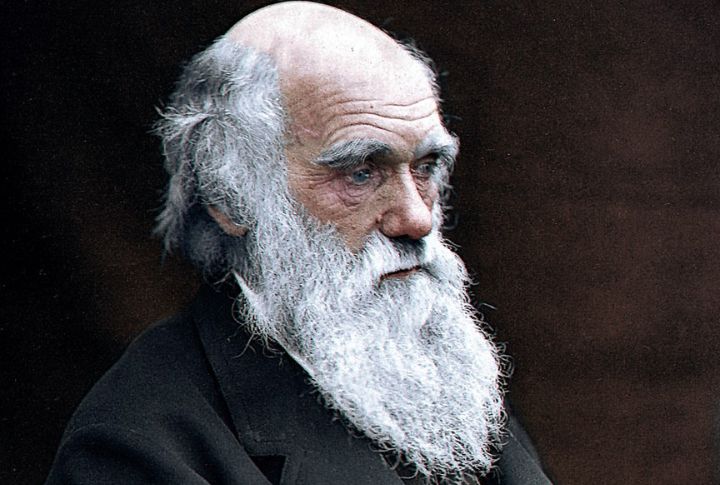
Facing death calmly, Charles Darwin’s words reflected curiosity rather than fear. The naturalist who introduced evolution by natural selection changed science with “On the Origin of Species.” His reassurance at the end matched a life dedicated to understanding life itself.
Isaac Newton: “I Do Not Know What I May Appear To The World… As To Myself, I Seem To Have Been Only Like A Boy Playing On The Seashore.”
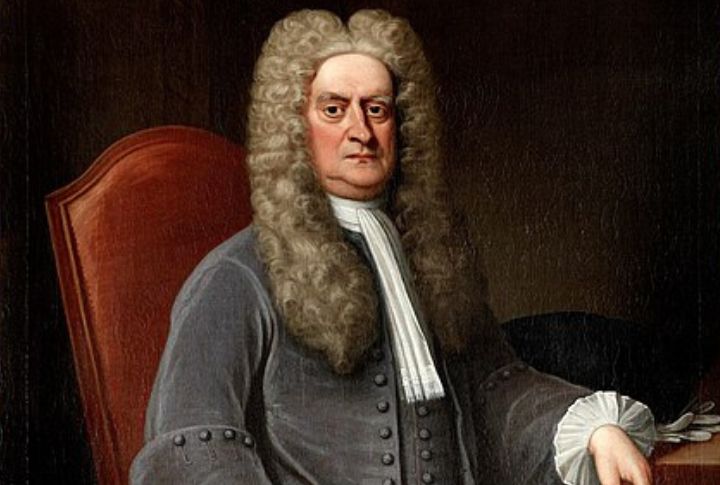
Despite discoveries that reshaped physics, Newton’s farewell carried striking humility. Laws of motion, gravity, and calculus had secured his place in history. Knighted for his contributions, the man confessed feeling small compared to the universe he studied. His metaphor of a boy on the shore reflected endless wonder.
Emily Dickinson: “I Must Go In; The Fog Is Rising.”
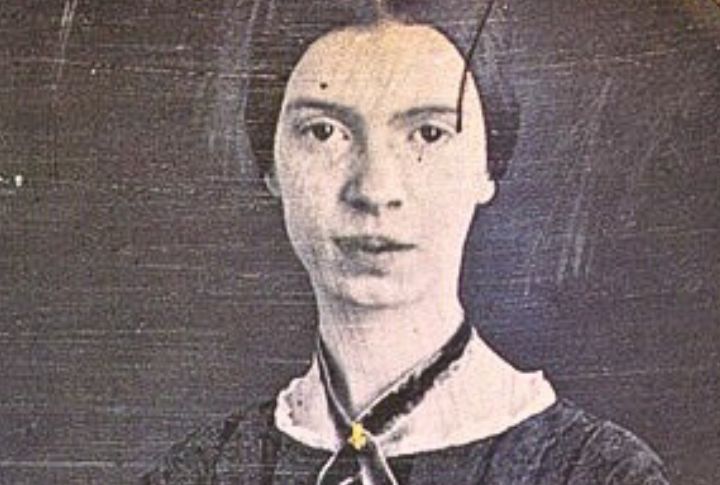
Poetry marked her farewell as it had marked her life. Emily Dickinson lived in seclusion, writing nearly 1,800 poems of brevity and piercing depth. In her last words, the image of rising fog felt like a final stanza. Her quiet voice still resonates through literature.
Karl Marx: “Last Words Are For Fools Who Haven’t Said Enough.”
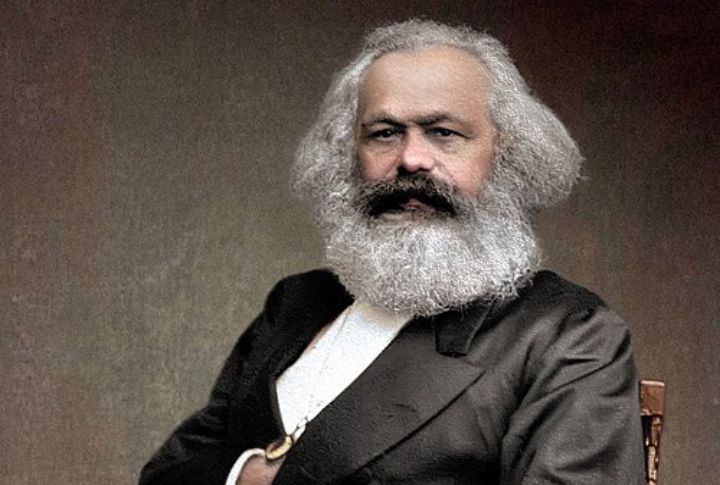
While many end life with soft words or gratitude, Karl Marx chose disdain. His theories on class struggle and economics had already changed political philosophy, and this man left convinced that history would continue the conversation.
Voltaire: “This Is No Time To Be Making New Enemies.”
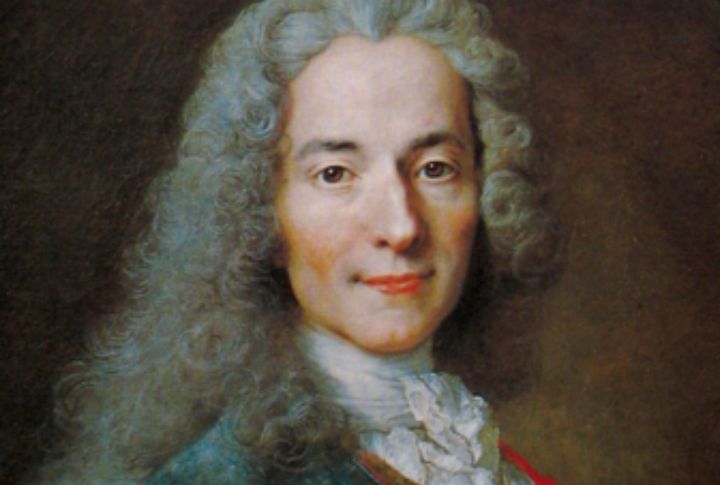
Voltaire’s wit never dulled, not even at the edge of death. When pressed to renounce Satan, he quipped, “This is no time to be making new enemies.” The Enlightenment thinker had built his life on satire and bold critique, and his farewell captured that fearless spirit perfectly.
Nostradamus: “Tomorrow, at sunrise, I shall no longer be here.”
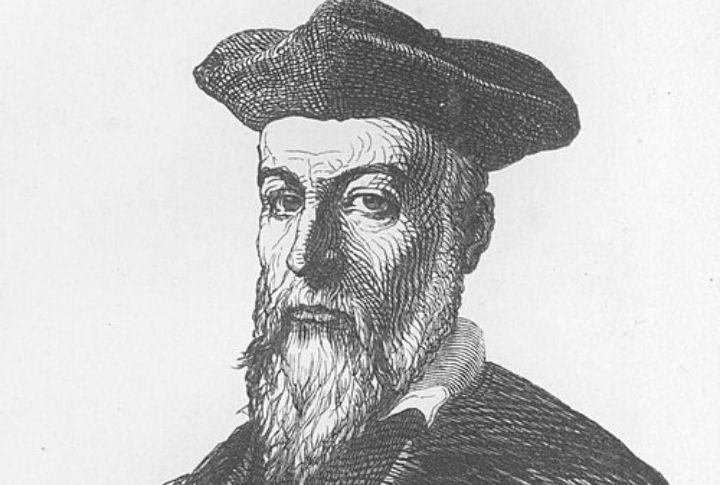
Can a man truly predict his own death? Nostradamus seemed to do just that. The famed astrologer and author of “Les Propheties” told others he would not survive the next morning. His accurate prediction only added to the mystique of a figure whose cryptic visions continue to spark debate.

